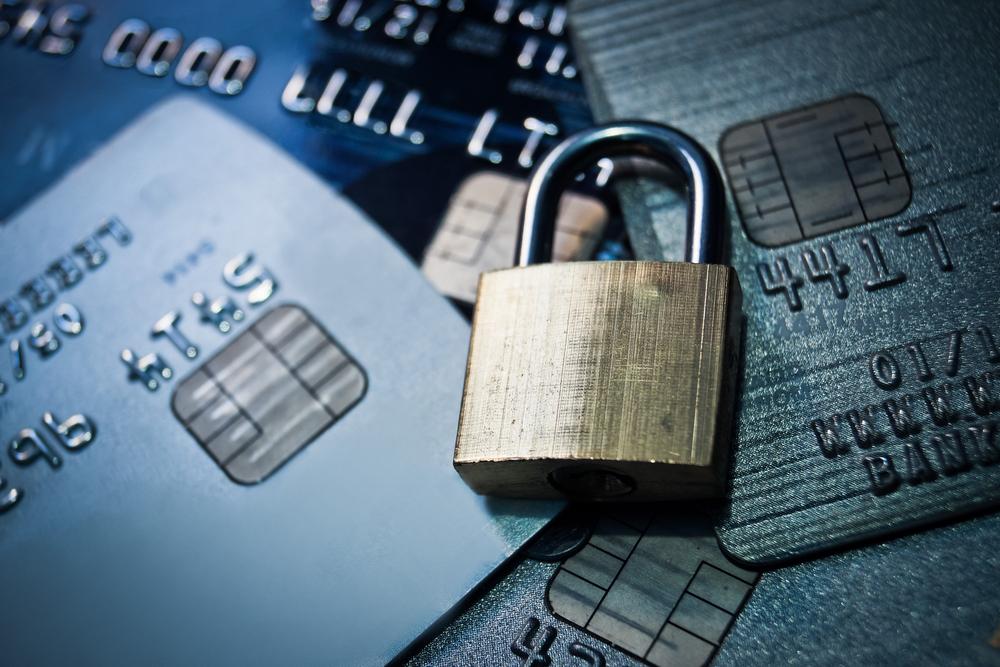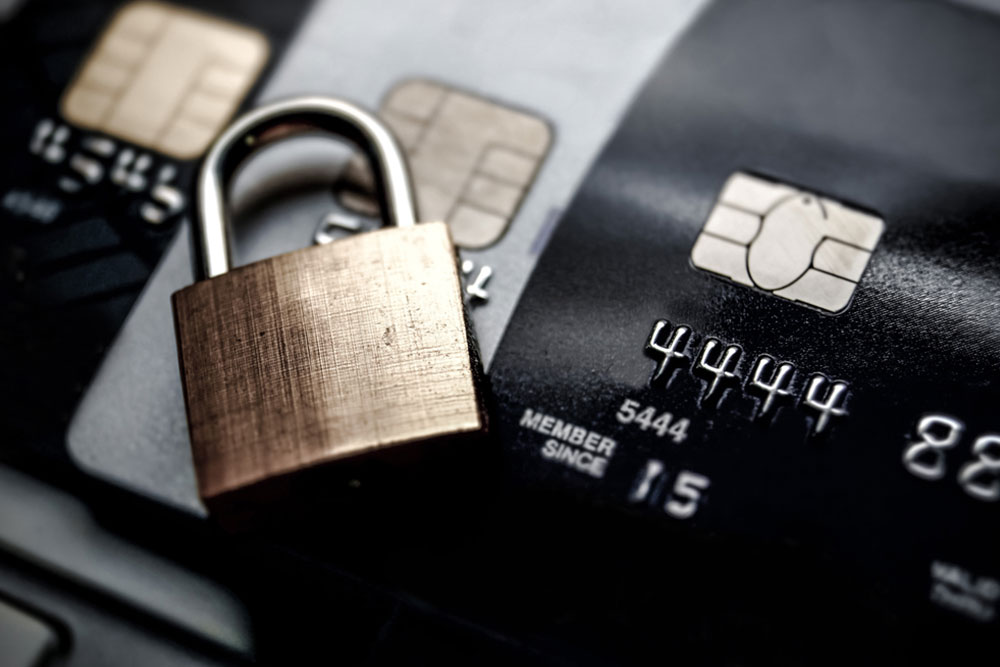Important Factors to Consider When Selecting a Secured Credit Card
This comprehensive guide explores essential questions to ask before applying for a secured credit card. It covers crucial aspects such as deposit requirements, fees, credit reporting, and usage tips to help individuals rebuild or establish credit responsibly. Learn how to choose the right secured card, maximize benefits, and transition smoothly to unsecured credit options, ensuring a strategic approach to long-term financial health.

Important Factors to Consider When Selecting a Secured Credit Card
In the modern financial environment, having a reliable and responsible credit card is essential for establishing a strong credit profile and maintaining healthy financial habits. For individuals with limited or damaged credit histories, secured credit cards are an excellent pathway to rebuild creditworthiness. These cards function as a stepping stone towards unsecured credit options, provided they are used wisely and selected carefully. Understanding the key considerations—such as fees, deposits, credit reporting, and usage strategies—is crucial for maximizing the benefits of secured credit cards. This comprehensive guide will walk you through essential questions to ask before applying for a secured credit card to ensure a beneficial and responsible credit-building experience.
Related Topic: How to Protect Yourself from Credit Card Fraud
What exactly is a secured credit card?
A secured credit card is a specialized type of credit card designed mainly for individuals looking to rebuild or establish credit. Unlike traditional unsecured cards, secured cards require a cash deposit as collateral, which then becomes your credit limit. This deposit acts as a safety net for the issuer and ensures that you have a financial stake in managing the account responsibly. The amount deposited can typically be increased over time, allowing your credit capacity to grow as your financial situation improves. This system makes secured credit cards particularly attractive for those with poor or no credit history, offering a manageable way to demonstrate financial responsibility and build a positive credit record.
What fees are typically associated with secured credit cards?
In exploring secured credit card options, understanding the fee structure is vital. Many cards may have an application fee, which is often waived by some issuers. Annual fees are also common, but these vary widely between providers—some charge as low as $25, while others may impose fees exceeding $50 or more per year. It is essential to select a card with transparent fee policies to avoid hidden costs that can erode your credit-building efforts. Be sure to review the terms carefully to understand all potential charges, including late payment fees, cash advance fees, and inactivity fees, to select a card that aligns with your financial situation and goals.How much should I deposit, and how does it affect my credit limit?
The typical security deposit for a secured credit card ranges from about $300 to $500, although some issuers allow deposits as low as $200 or as high as $1,000. Your deposit amount generally determines your credit limit—often, the limit equals the amount deposited, or it can be a percentage of your deposit based on issuer policies. Increasing your deposit over time can help raise your available credit, which is beneficial for your credit utilization ratio—a key factor in scoring models. It’s advisable to start with an affordable deposit amount and gradually increase it as your financial situation improves, or if your credit needs grow, to optimize your credit profile and borrowing power.What should I be cautious of to avoid pitfalls?
While secured credit cards often come with favorable terms such as lower fees and good customer service, there are potential pitfalls to watch out for. Carefully scrutinize the terms and conditions, especially regarding interest rates, fees, and deposit requirements. Some cards might impose high annual fees or late payment penalties that can hinder your credit development. Additionally, review the issuer’s policy on reporting to credit bureaus—timely reporting is essential for your credit building efforts. Beware of secured accounts that may be flagged or negatively impact your credit score if not properly managed. Choose a reputable issuer with transparent policies to ensure your efforts in rebuilding credit are effective and sustainable.How do secured credit cards report to credit bureaus, and why is this important?
Most secured credit card issuers report account activity to the three major credit bureaus: Experian, Equifax, and TransUnion. This reporting is crucial because it directly influences your credit score by documenting your payment history, credit utilization, and account status. Consistent on-time payments and responsible usage will positively impact your credit profile. However, some issuers may have specific policies or may place a security remark on secured accounts, which can temporarily affect your credit recovery process. Ensuring your issuer reports to all three bureaus and practices responsible lending will maximize your chances of rebuilding or establishing credit effectively.How long will it take to qualify for an unsecured credit card?
The timeline to transition from a secured to an unsecured credit card typically depends on your payment history and overall credit behavior. Generally, maintaining punctual payments, keeping balances low relative to your credit limit, and demonstrating responsible account management for around 12 to 18 months can make you eligible for an unsecured card. Some issuers may review your account periodically and offer an upgrade, while others may require you to apply separately once your credit profile has sufficiently improved. Patience and disciplined management are key to transitioning successfully to unsecured credit options.Are security deposits interest-bearing, and what should I know about that?
In most cases, security deposits on secured credit cards do not accrue interest during the time your account is active. However, some issuers may offer deposit interest, although this is relatively rare. Additionally, it’s important to understand what happens to your deposit if you close the account—some providers return the deposit in full, while others might deduct outstanding balances or fees. Certain cards also offer rewards on spending, but these usually do not include interest on the deposit itself. Always clarify the terms regarding interest accrual and deposit return policies before choosing a secured card.Strategies to maximize credit-building using a secured card
To effectively leverage a secured credit card for improving your credit profile, adopt disciplined usage habits. Use your card for small, manageable purchases—such as groceries or gas—and pay the full balance in each billing cycle to avoid interest charges. Keeping your utilization ratio below 30% is recommended to demonstrate responsible credit management. Avoid carrying balances beyond your means or making late payments, as these can negatively impact your score. Regularly monitoring your account through free credit reports helps track your progress and identify any discrepancies early. Over time, responsible behavior with your secured card will position you for higher credit limits, better interest rates, and eventual approval for unsecured credit cards.Using your secured card with discipline—by managing spending, paying bills on time, and keeping credit utilization low—is an effective way to establish or repair your credit history. It’s a strategic step towards financial stability and access to better credit opportunities in the future.
Stay updated on the latest trends and insights in credit management and cards. Follow us on Facebook and Twitter for timely updates on financial tools, credit scores, and smarter borrowing options.





